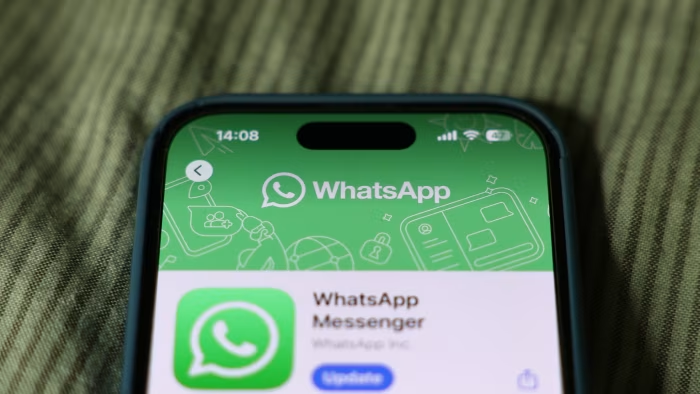In April, the UP State Consumer Disputes Redressal Commission issued a groundbreaking ruling that expanded the interpretation of who qualifies as a “consumer” under the Consumer Protection Act. Traditionally, this law has only been invoked by users of paid services. But this time, it was a WhatsApp user—Amitabh Thakur—who triggered the change.
Thakur filed a complaint alleging service deficiency after WhatsApp was inaccessible for six hours, which he claimed disrupted his work. Initially, his case was dismissed by the District Commission on the grounds that he had not paid any monetary consideration for WhatsApp’s services. But the State Commission reversed that view, asserting that WhatsApp users are indeed consumers because they pay with their personal data.
Free Isn’t Free: The Hidden Cost of Data
Section 2(7) of the Consumer Protection Act defines a consumer as one who pays “consideration” for services. The UP panel acknowledged that while apps like WhatsApp do not charge money, users provide something equally valuable: their data. From signing up to accepting one-sided, non-negotiable terms of service, users authorize platforms to mine, analyze, and commercialize their personal information.
FCRF x CERT-In Roll Out National Cyber Crisis Management Course to Prepare India’s Digital Defenders
This data, as scholars point out, is used to build detailed user profiles, enable targeted advertising, and is even sold to third parties—resulting in billions of dollars in annual revenue for platforms like WhatsApp. The ruling reinforces a growing consensus that data is the new currency in cyberspace.
Thakur’s Long Battle—and Vindication
Amitabh Thakur’s complaint was initially dismissed in March 2024 after 18 months of legal pursuit. The District Commission had reasoned that without a financial transaction, Thakur lacked standing under the Act. But Thakur appealed the decision.
In a historic reversal, the State Commission ruled in April 2025 that WhatsApp’s business model—dependent on user data—effectively means users are paying for the service. It ordered the case to be re-registered and heard on merits, recognizing that even free service users have legal recourse if platforms fail them.
Redefining Consumer Rights in the Digital Age
The ruling underscores the urgent need to modernize legal frameworks to match how services are consumed today. As AI accelerates data monetization and digital platforms become central to daily life, courts must keep pace.
Experts argue that a narrow view of “consideration” risks leaving millions of Indians unprotected. If users pay with their data—knowingly or not—they should be entitled to basic protections. The UP panel’s decision could serve as a blueprint for interpreting consumer law in an increasingly digitized economy.



